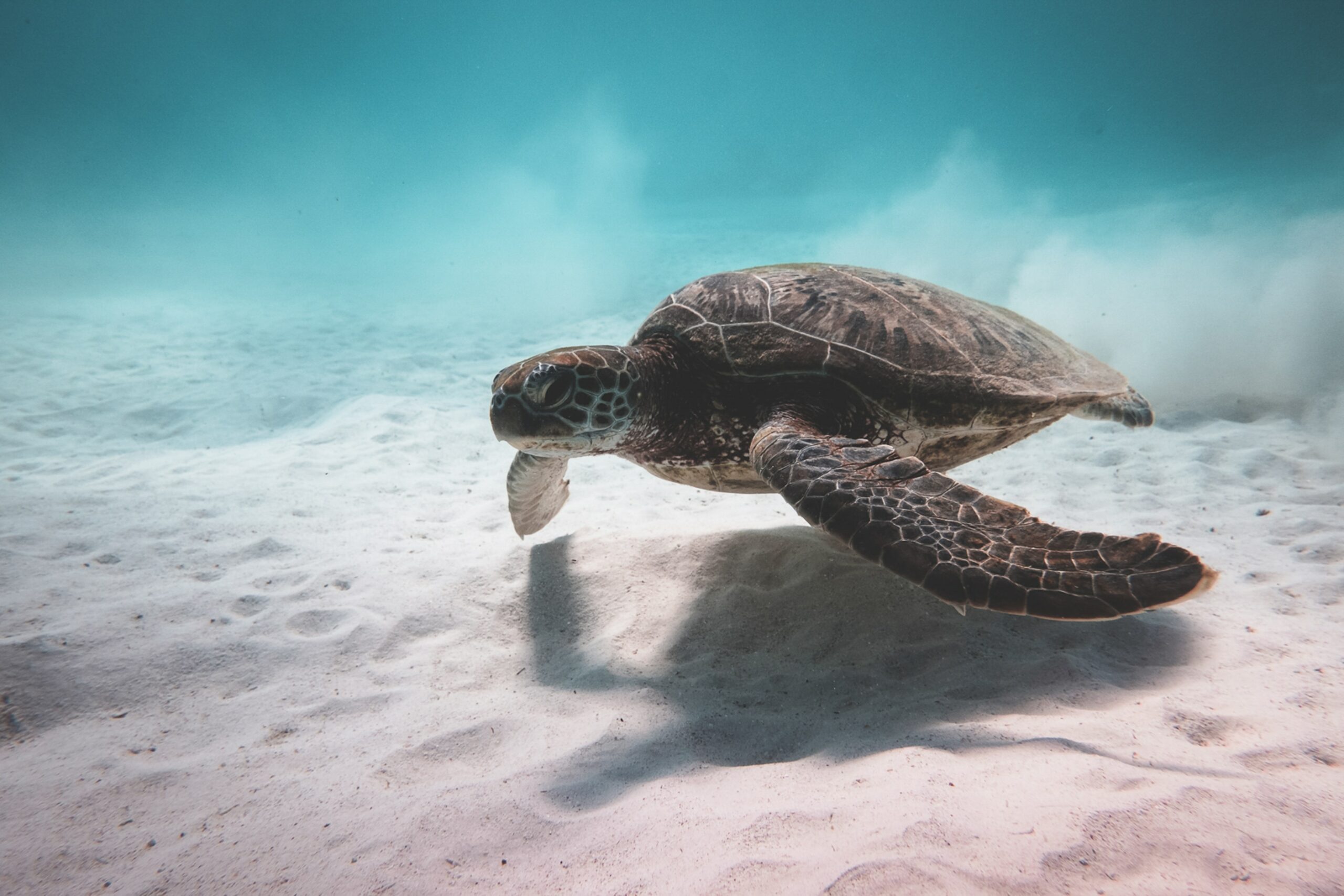Revolutionizing Wildlife Conservation with Artificial Intelligence
Introduction: The world’s wildlife faces numerous challenges, from habitat loss to poaching. However, a new ally has emerged in the fight to protect endangered species: Artificial Intelligence (AI). This article explores how AI is playing a crucial role in wildlife conservation efforts.
1. AI-Powered Monitoring: Discover how AI is being used to monitor wildlife populations through camera traps, drones, and acoustic sensors. These technologies provide real-time data on animal movements and behaviors, aiding conservationists in making informed decisions.
2. Identifying Poachers: Learn how AI algorithms can analyze vast amounts of data to detect and predict poaching activities, enabling law enforcement agencies to respond swiftly and protect endangered species.
3. Biodiversity Preservation: Explore how AI is helping researchers catalog and understand biodiversity, aiding in the conservation of not only high-profile species but also less-known ones critical to ecosystem health.
4. Smart Collars and Tracking: Understand how AI-powered smart collars and tracking devices are revolutionizing the way we monitor and protect animals, including elephants, rhinos, and big cats.
5. Habitat Restoration: Discover how AI can assist in habitat restoration efforts by analyzing data on plant growth, water availability, and soil conditions, ultimately benefiting both animals and ecosystems.
6. Community Engagement: Explore the role of AI in community engagement and education, fostering partnerships between local communities and conservation organizations to protect wildlife.
7. Predictive Analytics: Learn how predictive analytics and machine learning help predict and mitigate human-wildlife conflicts, reducing the risk to both animals and people.
Conclusion: A Brighter Future for Wildlife with AI: As technology continues to advance, AI’s contributions to wildlife conservation are set to expand. By harnessing the power of AI, we can work towards a world where endangered species thrive, and ecosystems remain in balance.

